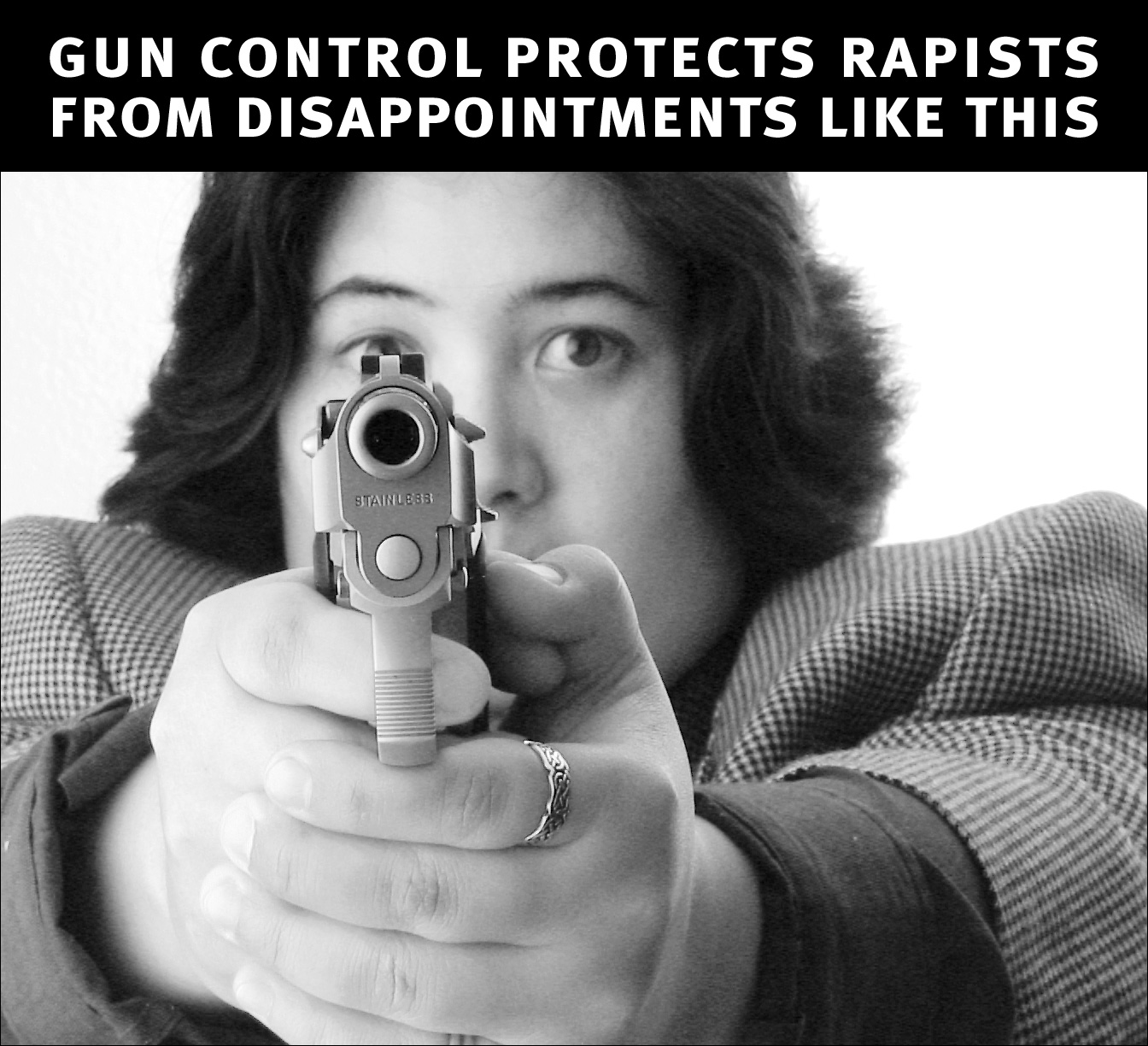Student Op-Ed: ‘Yes Means Yes’ Is Not Enough Because Sometimes ‘Yes Means No’
Apparently, you can be “raped by rape culture.” When it comes to consent, it’s not enough to teach that “no means no” or even that only “yes means yes” — because sometimes “yes” can actually mean “no.”
At least that’s the point of view expressed in an op-ed written by Jordan Bosiljevac for Claremont McKenna College’s student newspaper, the Forum. In the piece, Bosiljevac explains that she and her friends even came up with a phrase to describe someone having sex with you who you didn’t want to have sex with even though you told him that you did, which they apparently consider a form of rape: “We coined the term ‘raped by rape culture’ to describe what it was like to say yes, coerced by the culture that had raised us and the systems of power that worked on us, and to still want ‘no,’” she writes in the April 30 article, titled “Why Yes Can Mean No.” “We coined the term ‘raped by rape culture’”.
Bosiljevac writes that she’s been dealing with the oppression of this culture her whole life — beginning with having to endure relatives kissing her cheeks “even as I winced and turned away” — and that it continues to influence her sexual decision-making abilities, almost to the point where she doesn’t seem to think she really has any ability to make those decisions at all. She describes one incident in particular in which she had hooked up with a guy who had asked her outright if she was okay with what was happening and she had told him “yes” — explaining that even though she had said “yes,” she had really meant “no,” and it wasn’t really entirely her fault that she couldn’t just say what she wanted: “Sometimes, for me, there was obligation from already having gone back to someone’s room, not wanting to ruin a good friendship, loneliness, worry that no one else would ever be interested, a fear that if I did say no, they might not stop, the influence of alcohol, and an understanding that hookups are ‘supposed’ to be fun,” she writes.
Bosiljevac also throws racism and homophobia into the blame-game mix, asserting that “consent is a privilege, and it was built for wealthy, heterosexual, cis, white, western, able-bodied masculinity. . . . When you’re poor, disabled, queer, non-white, trans, or feminine, ‘no’ isn’t for you.” She does, however, clarify that you can actually be a person in one of these groups, or, as she explains it, “a person oppressed in these systems of power,” and still be capable of having “empowering consensual experiences.”
Yep — even if you’re a female, you’re still capable of maybe actually wanting to have sex and enjoying it sometimes! Glad she clarified. If she hadn’t, I would have never imagined such a thing could be possible. So what do we do? After all, there’s no way to tell if a woman is actually wanting to have sex or just saying that she wants to have sex even though she doesn’t because she’s a helpless victim of male oppression that makes it impossible for her to use the right words. Lest you think Bosiljevac is just complaining, she does offer a solution: “First, we have to realize that all oppression is connected, and all rape is racist, classist, ableist, patriarchal, hetero and cissexist,” she writes. “We cannot make consent available to all if we are not simultaneously disrupting these structures.”


